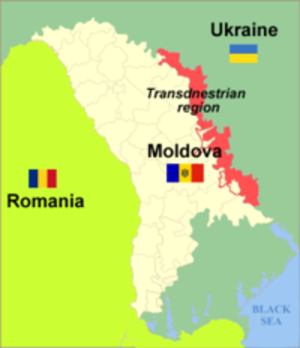Palin, Krauthammer, Bush and Barry Bonds
Posted by Ilan Goldenberg
So the new too cute by half clever argument about Palin's lack of understanding of the Bush doctrine is that the Bush administration has had a number of doctrines over the past eight years so asking for clarification was technically correct. At least that's what Peter Feaver, Charles Krauthammer, and Michael Gordon are all saying.
Here's the problem: while technically they are correct that the Bush Doctrine has shifted over time in common parlance the Bush doctrine clearly refers to the doctrine of preventive war that was used to justify the Iraq War. That much is obvious to anyone who has followed the issue. None of the elements of of President's Bush' foreign policy philosophy ever got the same level of attention as that doctrine, which was really seen as a massive shift when it was announced in 2002. Thousands of pages of ink were spilled on this question and it was the central foreign policy debate of the 2004 campaign. If someone were to ask Feaver, Krauthammer or Gordon what their thoughts on the Bush doctrine were, they would know exactly what the person was asking.
To think of this in another way, if I were to ask someone, "Do you think that Barry Bonds' record should have an asterisk on it?", I would expect them to know which record I was talking about. If they were to answer, "Which record?", my assumption would be that they didn't know all that much about baseball. I obviously would not be referring to Barry Bonds the all time leader in base on balls or record holder for most league MVPs. No. I'd be talking about his 762 Home runs. Because that is the record that is so controversial. The one that has elicited so much debate and the one that is the main source of controversy. To assume anything else would be technically correct, but also incredibly stupid.
People can make all the excuses they want. But the reality is that if Sarah Palin had been paying attention to the huge foreign policy debate going on in this country over the past few years she would have known exactly what Charlie Gibson was talking about.

